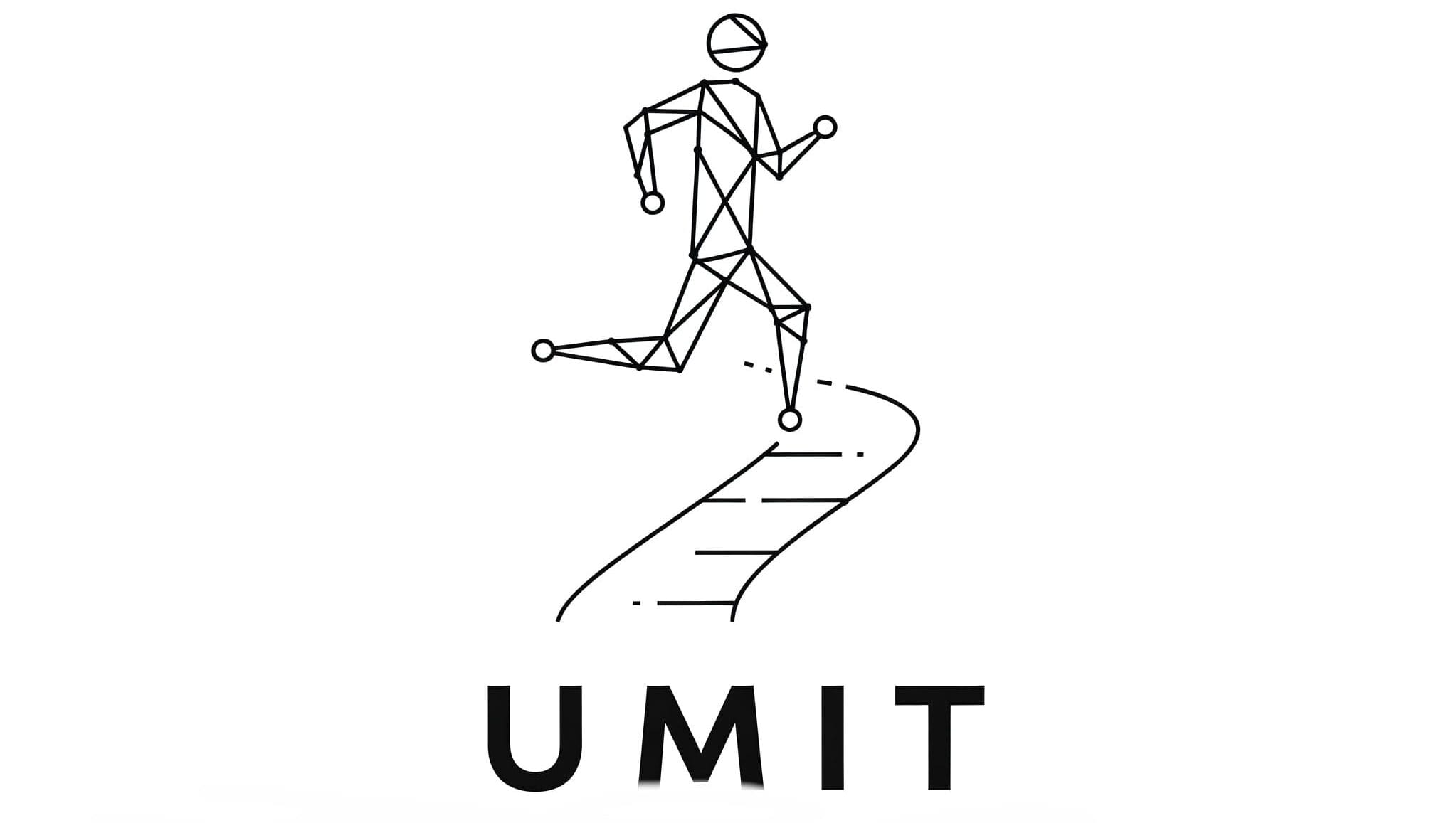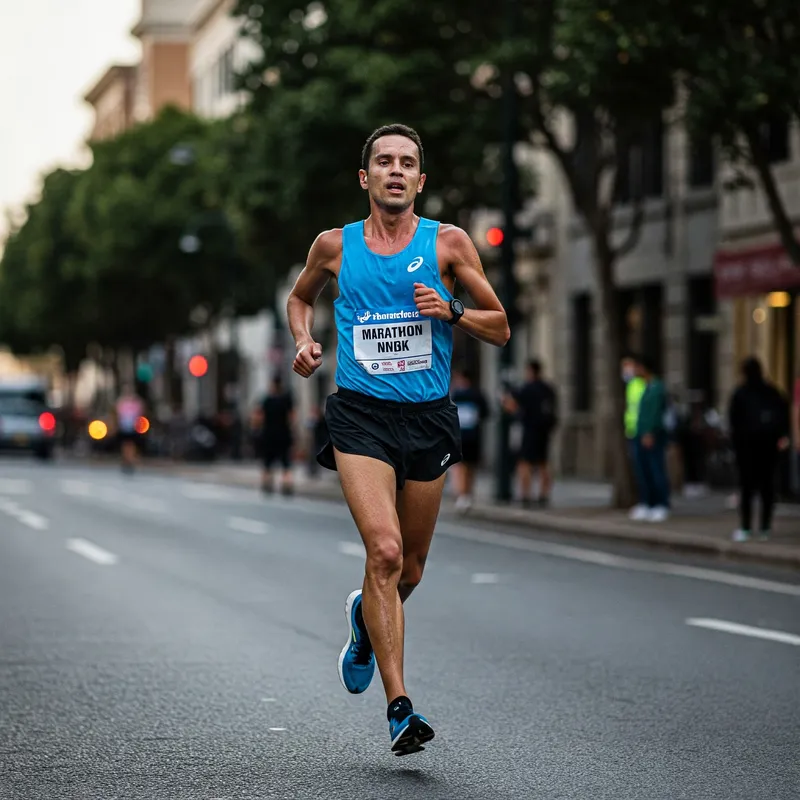Marathon running, the ultimate test of endurance covering 42.195 kilometers (26.219 miles), demands an extraordinary combination of physiological prowess, mental fortitude, and, arguably, specific physical characteristics. While training and genetics play huge roles, the physical dimensions of a runner, particularly their height and weight, are often discussed as potential factors influencing success.
Have you ever watched an elite marathon race and wondered about the typical build of these incredible athletes? Are they taller, shorter, heavier, or lighter than the average person? And how do male and female elite runners compare? Drawing on scientific studies and data analysis of top performers, let’s delve into the average anthropometric characteristics – specifically height and weight – of professional elite marathon runners.
The General Profile: Modest Stature Often Prevails
Studies focusing on highly successful marathoners often point towards a relatively modest stature. For instance, an analysis of 16 elite runners who clocked sub-2:09 marathon times revealed an average height just under 5 feet 7 inches (approximately 170 cm). This suggests that athletes competing at the very peak of the sport are not typically towering figures.
Data from Olympic marathon runners further supports this, indicating an average height of around 5 feet 6.9 inches (also ~170 cm). Given that the Olympics represent the pinnacle of athletic achievement, this reinforces the prevalence of this height range among the world’s best. Indeed, casual observation within the running community often notes that many top marathoners appear relatively short compared to athletes in explosive power sports. Endurance runners are, on average, significantly shorter (about 6 cm) than sprinters.
It’s worth noting, however, that averages can differ slightly depending on the specific group studied. For example, studies including younger elite runners or middle-distance specialists sometimes report slightly taller averages, and recreational marathon runners tend to be taller and heavier than their elite counterparts.
Elite Male Marathon Runners: Average Height and Weight
When looking specifically at elite male marathon runners, the data converges around a consistent average height.
- Average Height: Multiple sources, including data on men’s marathon Olympic gold medalists since 1976, point to an average height of 5 feet 7 inches (approximately 170 cm). While younger elite long-distance runners might average slightly taller (around 174 cm or 5’8.5″), the 170 cm mark appears typical for the most accomplished male marathoners.
- Average Weight: Reflecting the need for efficiency over long distances, elite male marathoners are notably lean. Analysis of top performers suggests an average body mass of around 56.2 kg (approximately 124 lbs). Some studies on elite young runners show a slightly higher average (around 60.7 kg or 134 lbs), potentially due to age or inclusion of middle-distance runners. A study on 16 sub-2:09 runners reported an average Body Mass Index (BMI) of 19.9, indicating significant leanness. This contrasts sharply with recreational male marathoners, who average considerably heavier (around 77 kg or 170 lbs).
Elite Female Marathon Runners: Average Height and Weight
Elite female marathon runners also exhibit distinct average physical characteristics, generally shorter and lighter than their male counterparts.
- Average Height: Data suggests an average height for elite female runners falling between 5 feet 3 inches and 5 feet 4 inches (approximately 160-163 cm). Specifically, women’s marathon Olympic gold medalists since 1976 averaged 5-foot-3 (approx. 160 cm). Another source specified an average of 5’3.92″ (approx. 162 cm), while Olympic winners have ranged from 5’1″ to 5’5″.
- Average Weight: Elite female marathoners are exceptionally light. Reports indicate an average body mass of around 48.3 kg (approximately 106.5 lbs) or 104.2 lbs (approximately 47 kg). Studies on competitive female runners aged 18-22 found a mean weight of 49.6 kg (approx. 109 lbs). While one study noted a slightly higher average of ~53 kg (117 lbs), all figures point to a significantly lower weight compared to the general female population, reflecting the demands of elite endurance running.
Why These Averages? Efficiency is Key
While we’ll explore the direct impact of height and weight on performance in more detail later, the general trend towards shorter, lighter builds in elite marathon running is largely linked to running economy. Lower body mass generally means less energy is required to propel the body forward mile after mile. Maintaining a lean physique with low body fat is crucial for optimizing this efficiency.
Conclusion
The data reveals clear trends in the average height and weight of professional elite marathon runners. Men typically average around 170 cm (5’7″) in height and 56 kg (124 lbs) in weight, while women average around 160-163 cm (5’3″-5’4″) and 47-48 kg (104-107 lbs). These athletes are characterized by their relatively modest stature and exceptionally lean physiques, attributes that contribute to the incredible endurance and efficiency required to excel at the marathon distance.
Of course, these are averages, and individual variations exist among successful runners. However, understanding these general characteristics provides fascinating insight into the physical nature of competing at the highest level of marathon running.

About the Author
Lost Pace is an ultramarathon runner, shoe-tester and the founder of umit.net. Based year-round in Türkiye’s rugged Kaçkar Mountains, he has logged 10,000 + km of technical trail running and completed multiple 50 K–100 K ultras.
Blending mountain grit with data, Lost analyses power (CP 300 W), HRV and nutrition to craft evidence-backed training plans. He has co-written 260 + long-form guides on footwear science, recovery and endurance nutrition, and is a regular beta-tester of AI-driven coaching tools.
When he isn’t chasing PRs or testing midsoles, you’ll find him sharing peer-reviewed research in plain English to help runners train smarter, stay healthier and finish stronger.
Ultrarunner · Data geek · Vegan athlete

